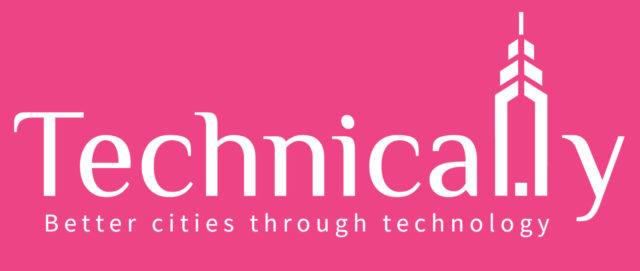Introduced late last year, a House bill that aims to helps level the playing field for those studying STEM (science, technology, engineering and math) could bring back up to $4,000 grants for low-income students.
The SMART (Science and Mathematics Access to Retain Talent) Grant Reauthorization Act of 2015, or H.B. 4221, was introduced by Rep. John Carney (D-Del.) back in December 2015 and is currently awaiting a hearing.
Carney’s bill would reestablish the federal SMART grant program, a type of need-based Pell grant that gave additional funding to students in STEM fields. The grant was created after President George W. Bush signed the Higher Education Reconciliation Act of 2005 and it expired in 2011.
Carney said he considered the SMART grant program to be another tool that allows STEM students to graduate and excel as the international workforce continues to grow competitive.
“I’ve heard from employers across Delaware who struggle to find individuals trained in STEM fields,” Carney said in a statement. “And I heard again that one of the biggest challenges students face in completing STEM programs is the overwhelming cost. As an increasingly important part of our economy, it is crucial that we continue to encourage students to pursue a STEM education.”
According to Carney’s office, the bill is still waiting to be heard by the House Education and Workforce Committee. A date has yet to be set, which Carney spokesperson Albert Shields said is standard practice, but Shields encourages anyone who feels strongly about the legislation to call their local congressmen and voice their opinions.
SMART grants are awarded to college juniors or above who maintained a 3.0 GPA. Students could receive up to $4,000. Like other Pell grants, SMART grants did not have to be repaid after graduation.
According to a study conducted for the Department of Education, more than half of SMART grant recipients received the maximum award, while the average grant amount was around $2,650 per student. However, researchers also found found that a majority of four-year institutions tended to have small SMART grant programs. Most had fewer than 50 applicants during the first three years of the program.
By 2009, around 64,000 total students were participating in the program, an increase of about 2,000 since the grant’s first year.
According to the Education Department, SMART grants accounted for $359 million of the more than $30 billion in Pell money available in 2010.
“More and more jobs require skills in a STEM field,” said Carney, who met with the state’s STEM Council last month to talk about the issue. “But too many talented students don’t have the resources they need to attain these skills. We need to invest in our students and ensure that we’re training them for the jobs of the future. The SMART grant helps hardworking students in need and makes a college degree in a STEM field more attainable.”
Making sure STEM education reaches underrepresented groups continues to find advocacy in the First State. Just recently, the University of Delaware’s Lerner College of Business and Economics held two seminars to brainstorm how young women can be encouraged to study in male-dominated fields such as economics and finance.
Join the conversation!
Find news, events, jobs and people who share your interests on Technical.ly's open community Slack

Delaware daily roundup: Delmarva Power vendor stats; DelDOT's $15M federal grant; 50 best companies to work for

Delaware daily roundup: Over 4,000 Black-owned businesses uncovered; Dover makes rising cities list; a push for online sports betting

Delaware daily roundup: Ladybug Fest illuminates small biz; Hahnemann Hospital's biotech future; intl. politics and a Middletown project

